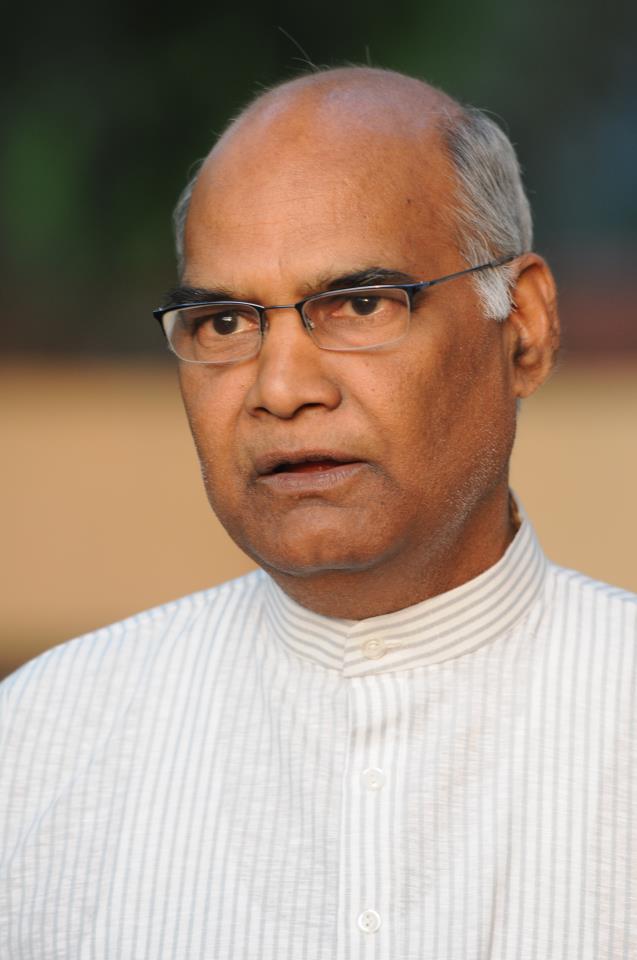NEW DELHI: Asserting that workers’ safety in mining is paramount and cannot be compromised, President Ram Nath Kovind today said the country needs to move strongly towards ‘culture of prevention’ from ‘culture of reaction’.
“Safety of workers in the field of mining is non- negotiable and of absolute importance…Human safety and lives must always come first. They are always the priority. For this we have to move even more strongly to a ‘culture of prevention’ from a ‘culture of reaction’,” the president said at the National Safety Awards (Mines) presentation.
He said India is endowed with an impressive mineral wealth and the sector contributes 2.6 per cent of the national GDP, providing direct employment to over one million people on a daily average basis and is key to economic growth.
Terming minerals and natural resources critical for India’s economic development, the president said the extraction and management of minerals have to be integrated into the country’s overall strategy for nation building and urged the industry to achieve higher professional standards to reach “zero harm” level.
Meeting required safety standards for mining is not an easy task, he said, adding the Indian mining industry has progressed appreciably in production and productivity through intensive mechanisation and adoption of new technology.
“Never before in its long history has the Indian mining industry experienced such revolutionary change, at such an accelerated pace. It is crucial that safety norms for mining workers and mining operations keep pace,” the president said.
Apart from this concept of self-regulation, workers’ participation in safety management and safety management systems have come to be institutionalised in the mining industry and there has been a steady decline in fatality rates, which needs to be recognised, Kovind said.
“Yet, we are still some distance from our goal of zero harm. In fact safety issues and complexities have compounded with the increased scale of mining operations and their extension to adverse geo-mining conditions. The Indian mining industry is standing at the threshold of change. The balance between greater productivity and profit margins, and the safety of workers is vital. Human safety and lives must always come first. They are always the priority,” he said.
Safety protocols and sensitisation on global best practices should be adopted in every mine and every mining enterprise, he said, adding it should begin even earlier in mining and engineering institutes – such as the Indian School of Mining in Dhanbad (IIT-ISM), the other Indian Institutes of Technology, the National Institutes of Technology and other institutions.
Besides, he stressed that education on best-in-class safety practices should be a compulsory part of the curriculum and on-ground training experience of students.
He said standardisation of occupational health and safety (OHS) programmes across the company, effective enterprise-wide communication tools, enhanced productivity issues and expectations of society remain major areas to be addressed.
Acknowledging safety steps taken by Directorate General of Mines Safety, he asked mining companies to design appropriate policies in the interest of workers and their families.
Kovind said the availability of corporate social responsibility funds can help in this effort – but more than money, there is need for the right intention and a focused approach.
For example, he said, the health of workers and their families, particularly the risk of TB or silicosis, which is an incurable lung disease, remains a challenge.
“Control and prevention of such diseases also falls within the ambit of worker safety. Meeting the challenge of TB or of silicosis and organising blood donation camps among workers and their families should be encouraged. The shortage of blood in times of accidents and emergencies should be anticipated and the mining community must prepare itself for any eventuality,” he said.
Further, steps should also be taken to minimise the adverse impact of mining on the health of the surrounding community, he said, adding this is the era of green consciousness – mining too should keep it on top priority.
Cautioning that mining activities inherently involve various risks, Kovind said it is not addressed in time, these may have serious consequences, including disasters that put lives at risk and keeping this in view, a risk-based inspection system has been introduced through the Shram Suvidha Portal.
The safety awards for 2013 and 2014 were given in various categories, and winners were selected from Tata Steel, Eastern Coalfields, ONGC, Hindalco, Cairn India, among others.
These awards, instituted by the Union Ministry of Labour and Employment in the year 1983, are a token of appreciation and recognition of those mines and mining companies that have stood out for their record of safety.
Labour Minister Bandaru Dattatreya and SP patriarch Mulayam Singh Yadav were also present in the event. (AGENCIES)


